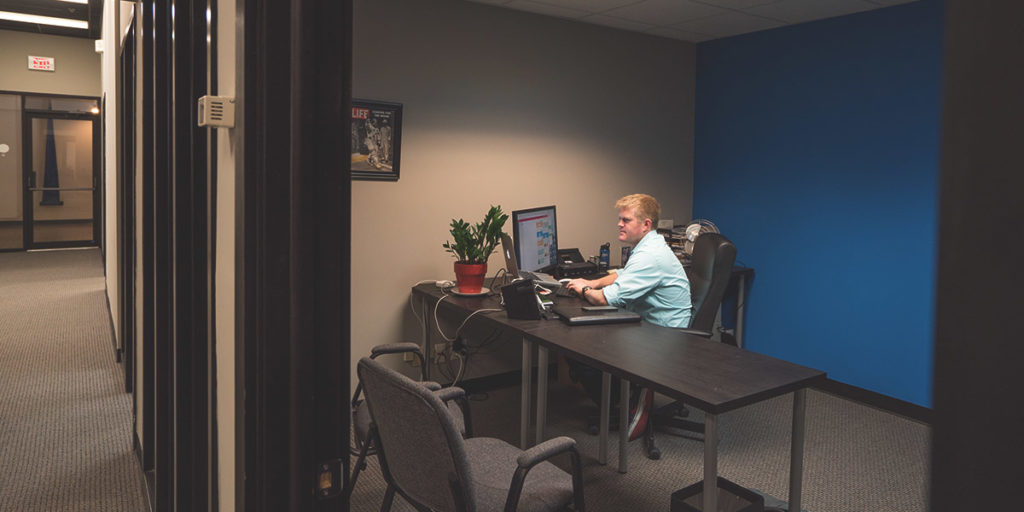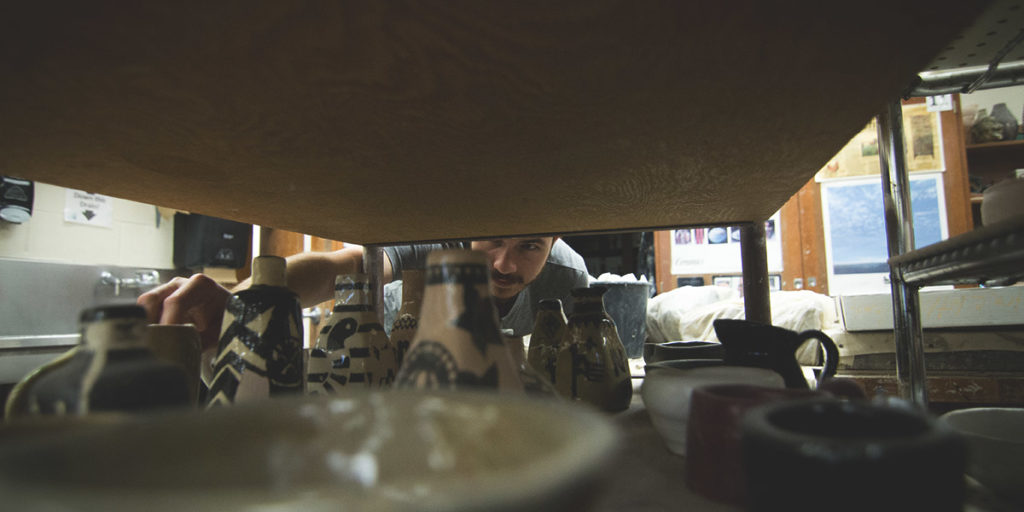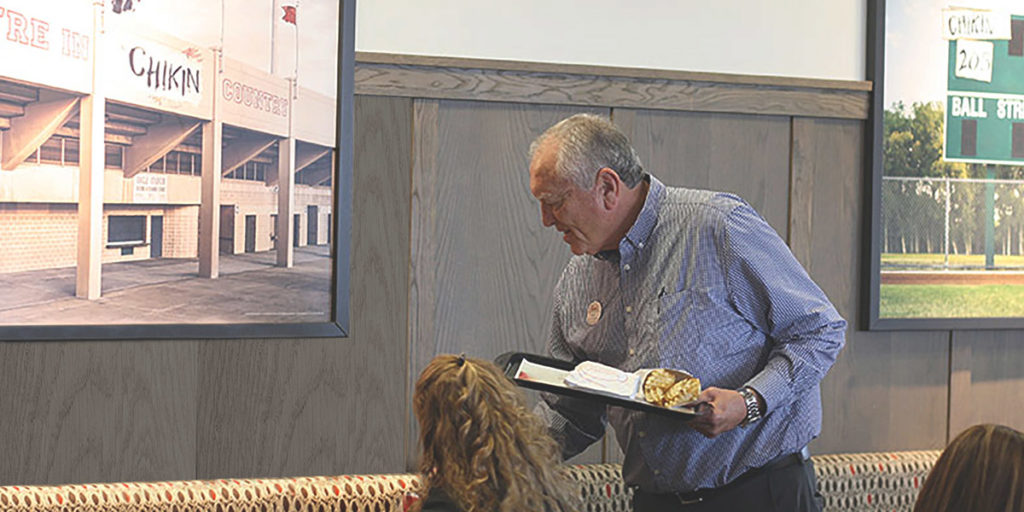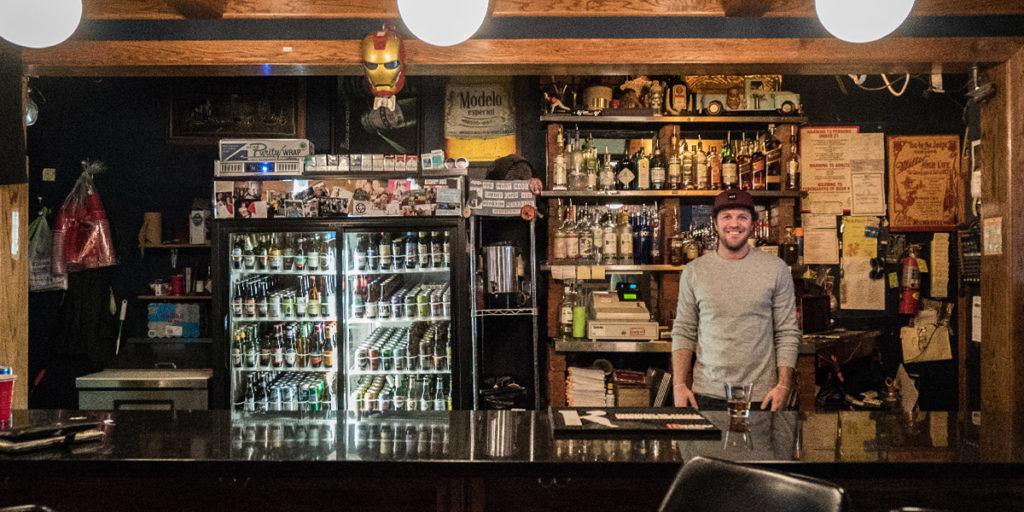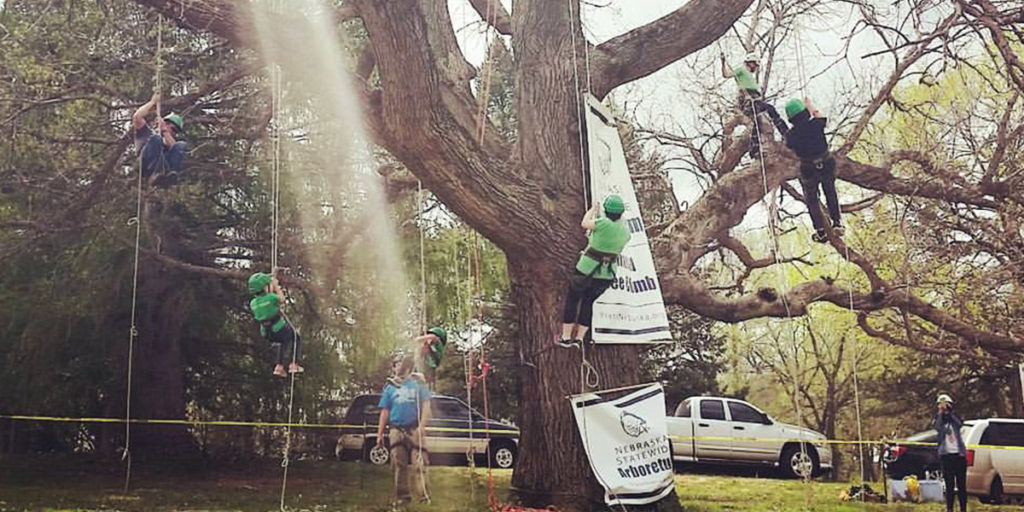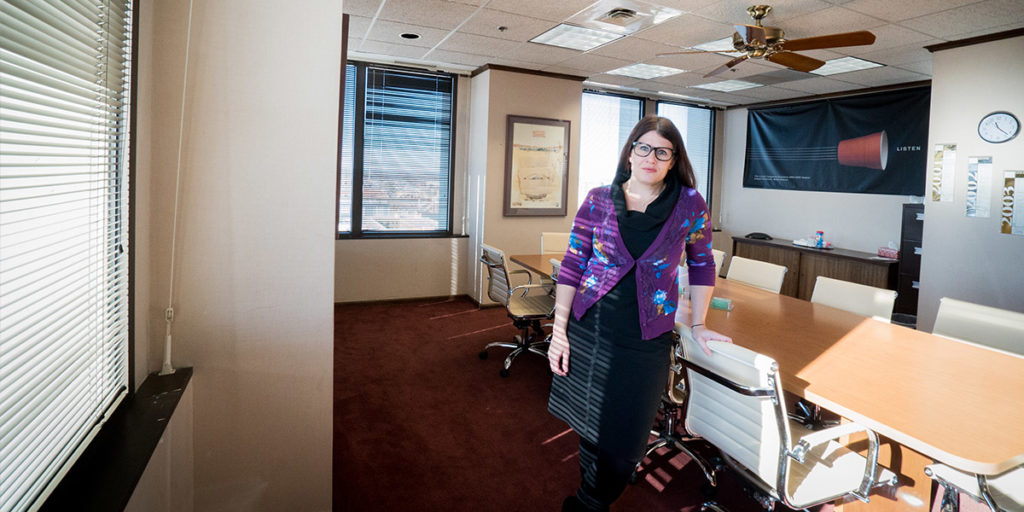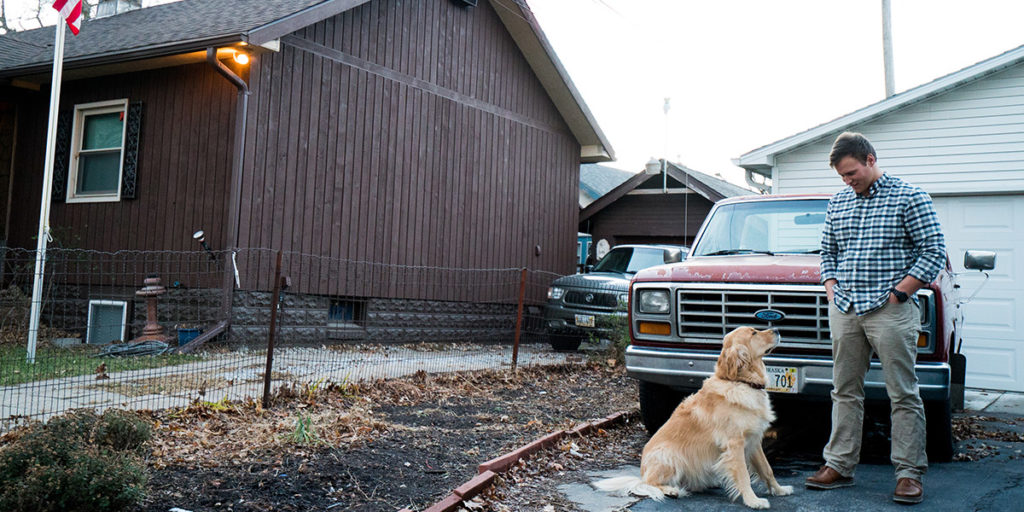
When John Fulwider walks into Leadbelly, the bartender starts making his favorite drink—an Old Fashioned.
While it might seem a small thing to be a regular at a local restaurant, John has aspired to that title for years.
As a kid, John never spent more than three years in any one place. His father’s Air Force career led his family to Texas, Florida, Nebraska, Germany, Virginia, Germany again, Nebraska again, and finally Lincoln.
It’s in Lincoln where John’s story really starts to take shape.
“Lincoln has given me my beautiful wife, my education, my children, my church community, the launching place of my businesses,” John said.
“Lincoln has given me a place to set down roots and call home. That’s something I’ve never had before.”
He came to Lincoln to attend the University of Nebraska, where he graduated with his bachelor’s degree in journalism. John laughed about the fact that he spent far more time reporting for The Daily Nebraskan than actually going to his classes.
Internships and jobs at the Associated Press, Lincoln Journal Star, and The Wall Street Journal came before John took the leap to a startup internet newspaper, Nebraska StatePaper. The startup folded after a few years and John began looking for his next adventure, which led him to graduate school.
“Most grad students are people who loved school,” he said. “But I hated school!”
Two mentors made him love graduate school. D’Andra Orey inspired John’s love of political science, while Denise Bulling encouraged John to turn his research into his second business. She also handed him his first client, so John worked half his time on getting a tenure-track professorship, and half his time building his business.
“I had Plan A for academics and plan C for consulting, and no Plan B, because who needs one?” John joked. Plan A didn’t work out—he came in second in a job search at Texas Christian University—so he cried in his beer for seven days before closing the door on university teaching work and taking his consulting business full time.
Seven years later, John had pivoted his business many times to end up with executive coaching, planning and team-building services for housing, community, and economic development organizations nationwide. He was away from his family more than he liked and it was starting to wear on all of them.
At one point, John got seriously ill while on a business trip and so on top of being away from his wife and two young daughters for six days, he had to quarantine himself from the girls for another week at home. It was miserable, he said, and it was at that point that he decided he didn’t want to travel for work any more.
John launched his third business to focus only on working with entrepreneurial businesses in Lincoln and sixty miles around, allowing him to focus his energy on Lincoln and his family.
There’s a lot of moving parts to John’s story. A lot about his family, his work and his community that he loves to share about with anyone who will listen.
He said so much of his story has been about finding his place, digging deep, putting down roots and experiencing a deep sense of joy in being known. John said that because he moved so often as a kid, he had a hard time making friends. He said he only had one friend at each place he lived, and had to find a new one each time he and his family packed up and moved to their next assignment.
But finding his place in Lincoln has meant the world to him. He’s in awe of the fact that his kids will go to the same high school that his wife attended, that he lives in a neighborhood filled with friends and that he can rattle off his favorite local restaurants and haunts at the drop of a hat.
John loves walking in to Leadbelly and knowing the bartender remembers his favorite drink. He loves anything and everything local, but mostly he just loves knowing Lincoln is his place. It’s a place he knows, a place he calls home and place that knows him.
